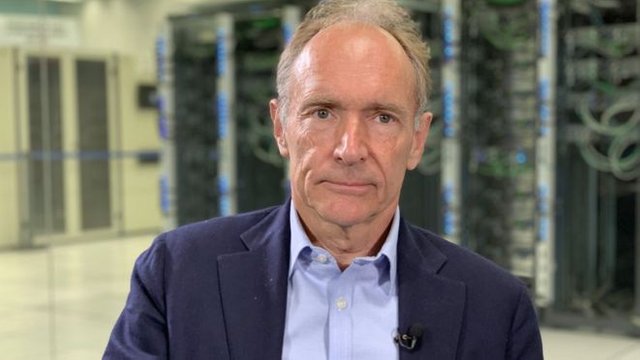
Worldwide Web WWW founder Tim Berners-Lee told the BBC that global action needed to prevent the Web from functioning and crashing.
He said in an exclusive interview commemorating his 30th anniversary of his World Wide Web proposal .
Berners-Lee said that after the Cambridge Analytic scandal, people learned how their data could be "manipulated".
However, he thinks that problems such as data leakage, hacking, and reverse information (false information) can be solved.
'HTTPS' illegal site blocking controversy, how far is it?
Russia, will you disconnect from the Internet?
'One Web' project to spread the internet to the world with 648 satellites
In an open letter to the public on Tuesday , Berners-Lee said he knows there is a doubt among people about whether the Web can become a tool for the public good.
He told the BBC that he has some anxiety about the future of the Web. "I have a deep concern about the unpleasant stuff and reverse information on the web."
Nonetheless, he said he was able to better understand the dangers that people face when using the Web.
"When the Cambridge Enalytica incident broke out, people found out that the elections were falsified with the data they gave."
He added that he felt more and more strongly that the "open web" principle should be protected.
In an open letter, Tim Berners-Lee specifically addressed three areas that are detrimental to the Web today.
Harmful behavior such as hacking or bullying
Designing a problematic system, such as a business model that leads to 'click fishing'
Unintended consequences such as aggression or polarized controversy
However, he said, these problems can be partially addressed by systems that restrict legislation or fraud.
He mentioned the project, ' Contract for the Web ', which I took part in last year .
However, the project said that the participation of all members of the society, including individuals, corporations, and political leaders, is necessary.
"We need an 'open web' advocate within the government, public officials and elected officials who can work when the interests of the private sector threaten the public interest and protect the open web." He said: